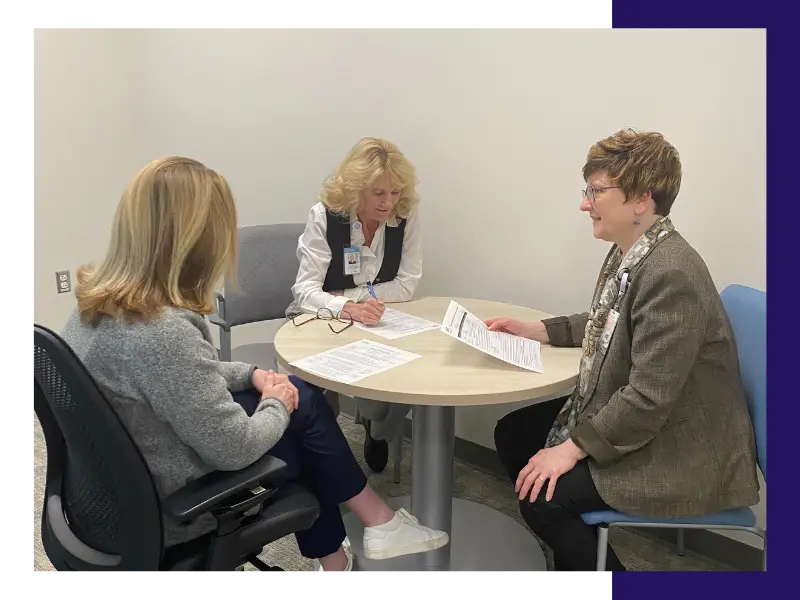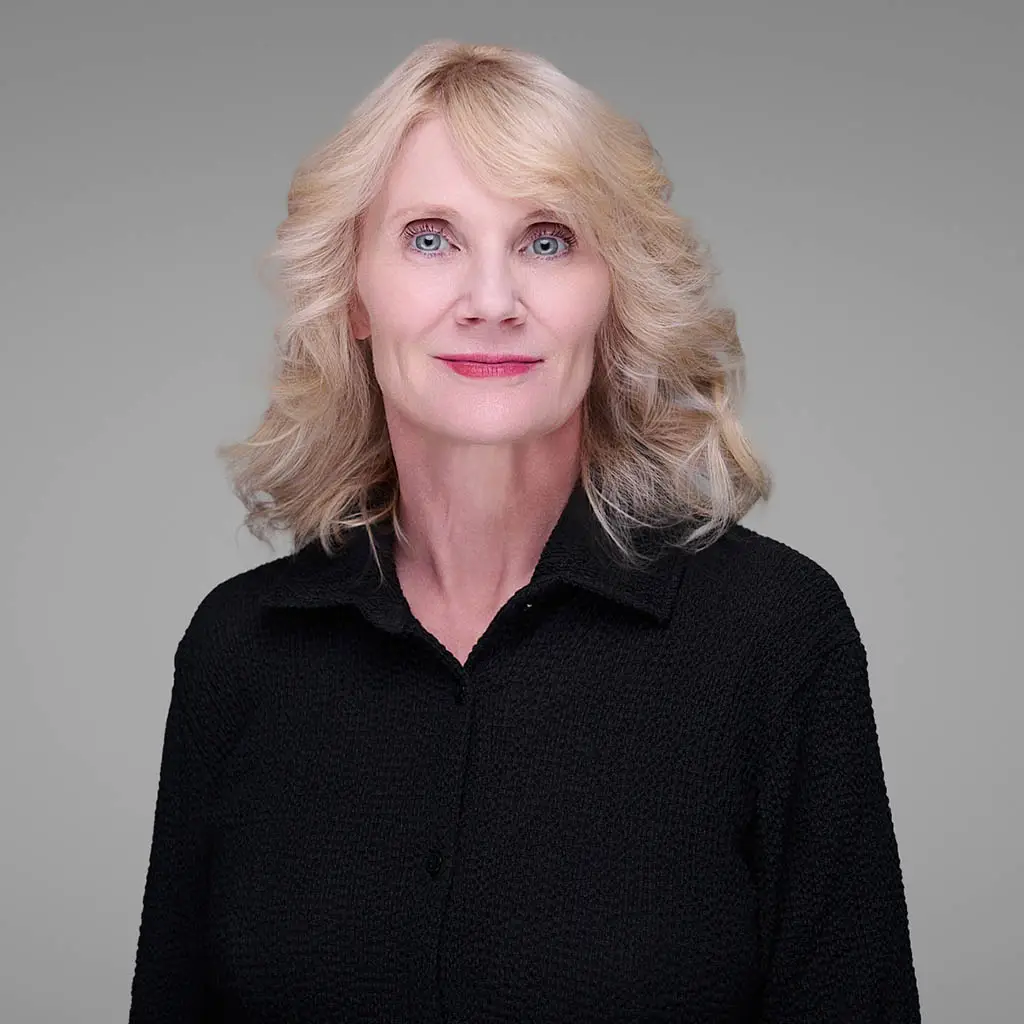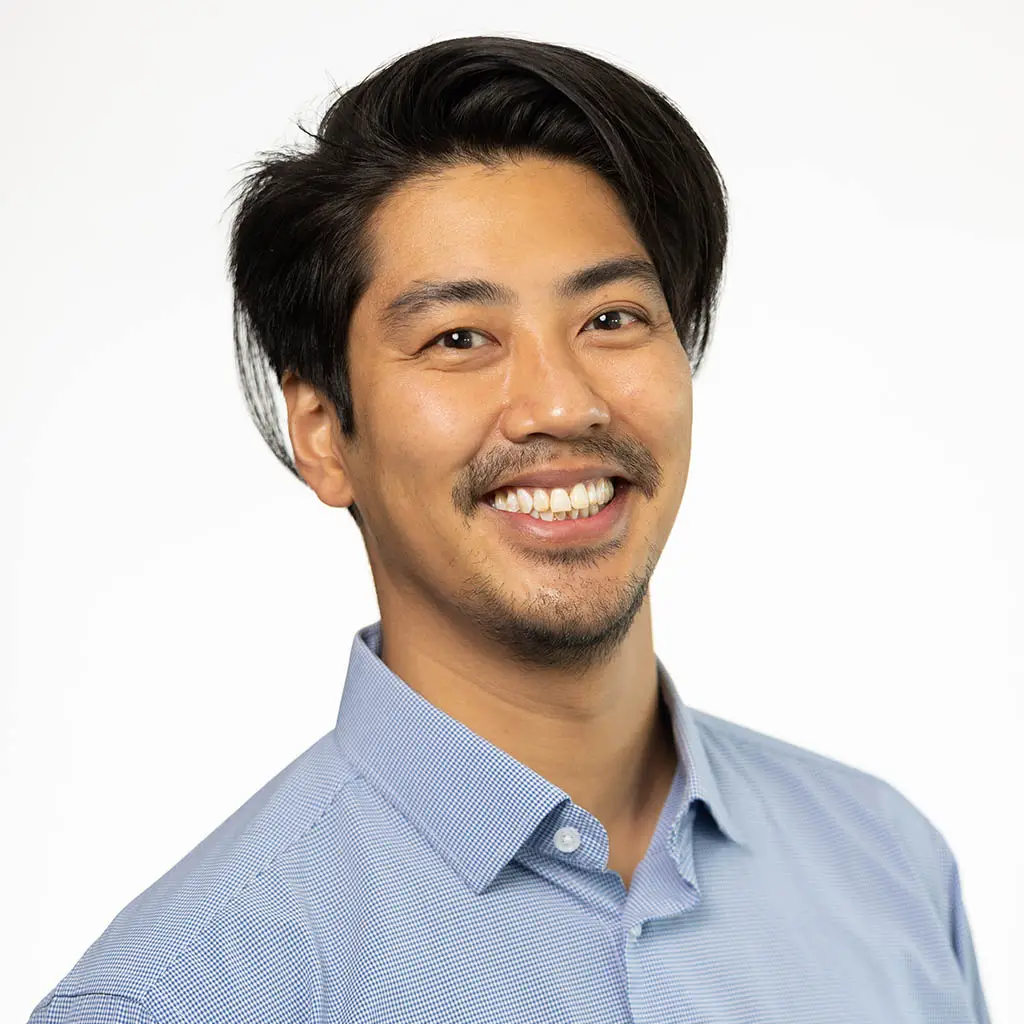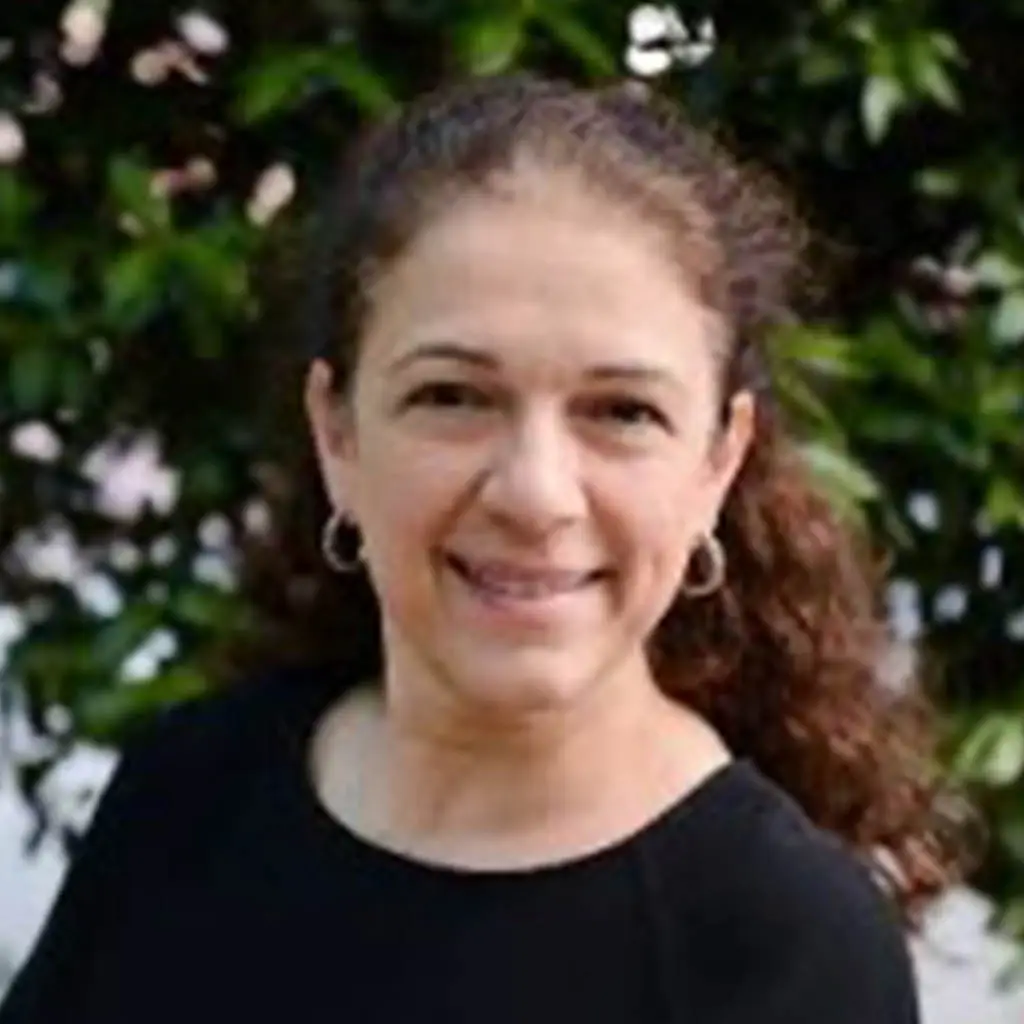Clinical Support Program for Adult Suicide Risk in Primary Care
This program addresses a critical need for adults who are at risk for suicide. It helps to improve their care and outcomes in primary care settings. It focuses on how to identify people who are at risk, evidence-based interventions and standards of care, research on outcomes, and much more.

Program Overview
This clinical program focuses on adults age 18+ who experience chronic or intermittent suicidal ideation. It offers an array of effective resources and training for primary care providers. This helps them support adults who are at risk. Topics include how to identify adults who are at risk; guidance for next steps in care; how to integrate behavioral health into primary care settings; strategies to prevent suicidal crises and improve patient outcomes; and more. One important goal of the program is to to help improve quality of life for at-risk adults. Another goal is to enhance the confidence that providers have to support the at-risk adults that they see in their practices.
Preliminary results from the program show lower symptoms of depression, anxiety, and suicide risk based on testing and interviews.
Patients were tracked over three months to determine how many went to the hospital or emergency department due to continued suicidal thoughts or psychiatric concerns.

Program Impact
Primary care providers are critical gatekeepers. They can help identify and manage suicidal risk. An estimated 45% of people who make a suicide attempt were seen in primary care in the month prior. In fact, more prescriptions for antidepressant medications are written in primary care. This creates a unique opportunity to intervene with at-risk individuals before an acute crisis. However, primary care providers need more interventions to treat suicide risk adequately. Coping with Long Term Active Suicide in Primary Care (CLASP-PC) is an interdisciplinary collaboration between the Suicide Prevention Institute and the UNC Eastowne Internal Medicine Clinic. CLASP-PC is an evidence-based, manualized approach that can be used for treatment intervention and risk reduction. It expands the boundaries of integrated care models and increases accessibility to suicide-focused treatment for patients with chronic or episodic suicidal risk.
- The program is embedded clinically at UNC Hospitals Outpatient Center at Eastowne
- The project team provides education and workshops to a variety of groups across North Carolina such as Area Health Education Center (AHEC), UNC Veterans Resource Center, UNC Counseling and Psychological Services, Pinnacle Family Services of Raleigh, and social work graduate programs.
- The program uses multiple training modalities that include CLASP (Coping with Long Term Active Suicide Program), CALM (Counseling on Access to Lethal Means), Stanley Brown safety planning, the Valued Living Questionnaire, and Life Plan I and II
- Success for this program means primary care providers foster a collaborative and supportive environment where individuals feel empowered to seek help - and providers themselves feel equipped to guide them effectively.
Manuscript in Development
CLASP-PC: A Rapid Response to Suicidality in Primary Care: Adaptation of hospital-based CLASP to a multi-modal intervention for chronic and intermittent episodes of suicidality for patients seen in outpatient primary care
Submitted Proposals
- Collaborative Family Healthcare Association 2025 Conference
- CLASP-PC: A Rapid Response to Chronic or Episodic Non-Acute Suicidality in Primary Care (pending)
Program Materials
-
Stanley Brown safety plan
Created as a road map to navigate a suicidal crisis, it is embedded in the electronic health record for all providers to review with people and update as needed. - Valued Living Questionnaire (VLQ) and VLQ Consistency
-
Counseling on Access to Lethal Means (CALM)
Used in safety planning to increase the time and distance between a person who is at risk of suicide and access to a firearm, the most common and lethal method of suicide.




